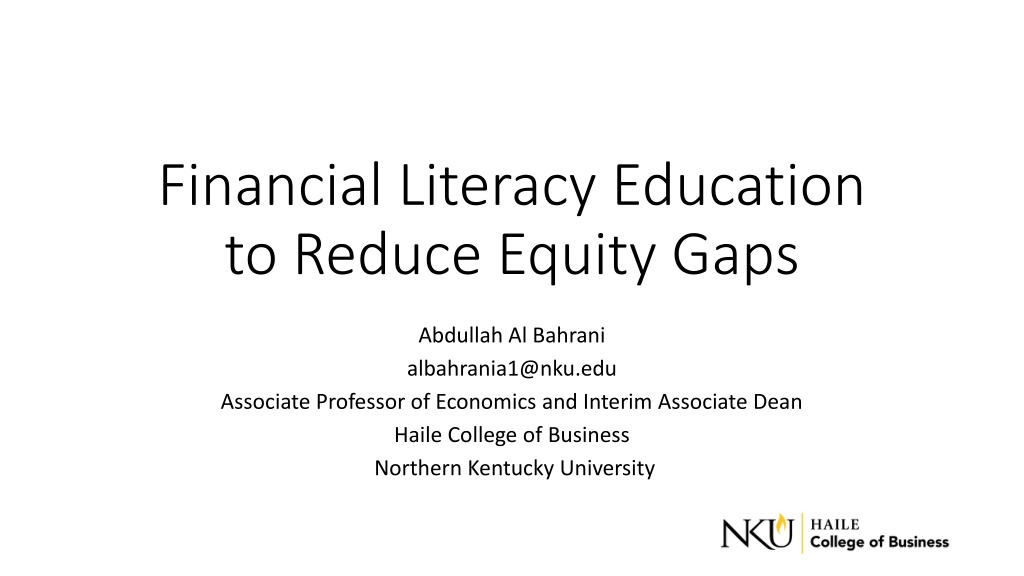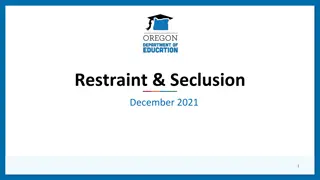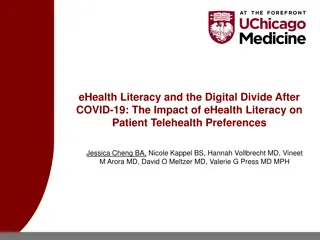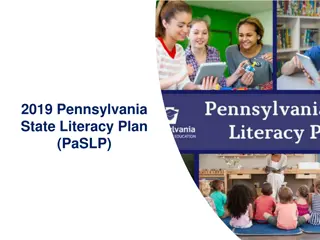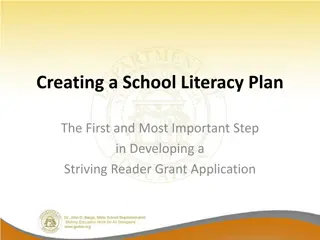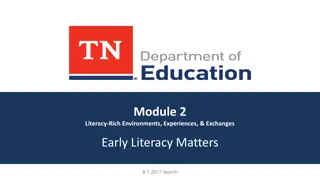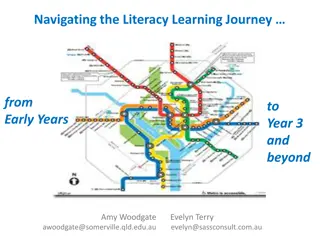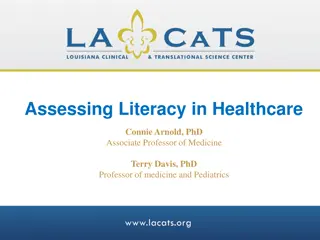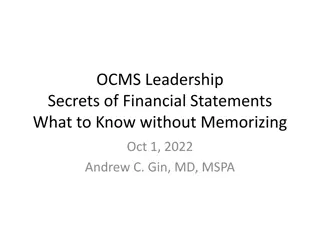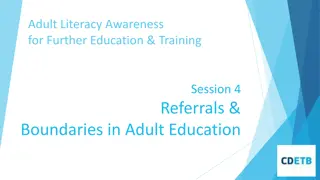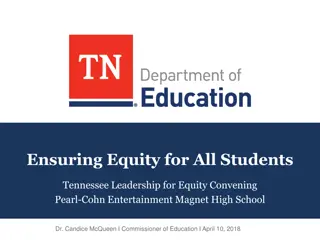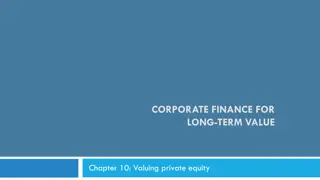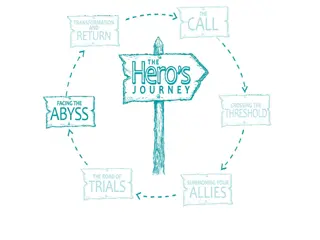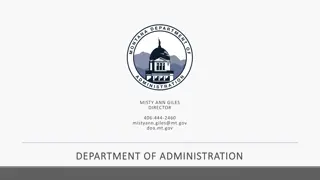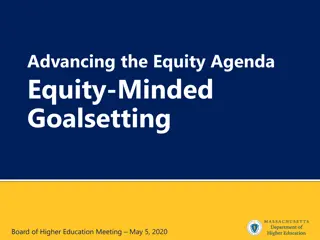Financial Literacy Education for Equity
Abdullah Al Bahrani, Associate Professor of Economics, highlights how Haile College of Business influences financial literacy education locally and globally. The solution includes educator training, professional development, and innovative programs to bridge the wealth gap and market volatility.
Download Presentation

Please find below an Image/Link to download the presentation.
The content on the website is provided AS IS for your information and personal use only. It may not be sold, licensed, or shared on other websites without obtaining consent from the author.If you encounter any issues during the download, it is possible that the publisher has removed the file from their server.
You are allowed to download the files provided on this website for personal or commercial use, subject to the condition that they are used lawfully. All files are the property of their respective owners.
The content on the website is provided AS IS for your information and personal use only. It may not be sold, licensed, or shared on other websites without obtaining consent from the author.
E N D
Presentation Transcript
Financial Literacy Education to Reduce Equity Gaps Abdullah Al Bahrani albahrania1@nku.edu Associate Professor of Economics and Interim Associate Dean Haile College of Business Northern Kentucky University
Financial Literacy Education How the Haile College of Business influenced Financial Literacy Education at the Local Regional National and International Level In the context of AACSB's 2020 business accreditation standards, societal impact refers to the ways in which a business school s mission and strategic plan guide actions that positively influence society at local, regional, national, or international levels. Business schools are empowered to define impact objectives and strategies that align with the communities they serve.
The Haile College of Business To our graduates for success in a global society, to contribute to the economic development of our region and beyond, and to engage in relevant scholarly and applied inquiry. deliver innovative student-centered experiential learning that prepares The HCOB leads societal change by o Cultivating a position at the intersection of academia and practice o Connecting with other disciplines o Being a driver of innovation in higher education
Summary Societal Problem Our Solution The Impact
The Problem Increased financial options Increased complexity in financial decisions Increased financial independence Widening wealth gaps Concerns about market volatility
Kentuckys Response 2018- Introduced an unfunded mandate 2020- Introduced the standards 2021- Entering Freshman class is required to have a financial literacy program that meets the standards before graduation This policy introduced variation in how personal finance is taught, and quality of instruction will be correlated with school resources.
The Solution Educator Training Program Professional Development Group General Education financial literacy course School-based Scholar program Research Lab
The Educator Support Developed a summer non-credit course for educators Three-week course to help educators learn the standards in teaching financial literacy and economics. Introduction to providers of financial literacy education. Developed a year-round professional development group A support system for educators to learn new financial literacy pedagogy. Connecting educators with industry partners that serve as guest speakers.
General Education Course Pathways to Financial Literacy FLC101 Housed in the Accounting, Economics, and Finance Department. A general education course that meets Individual and Society Gen Ed Credit. Principles of Macroeconomics, Microeconomics, and Financial Literacy are three gen ed courses by the Haile College of Business. The course focuses on the role of financial literacy and how it impacts individual and society outcomes. Examples of topics, gender wage gaps, racial wealth gaps, search and shopping behavior, risk and investing.
School-based Scholar program School-Based Scholar (SBS) is Northern Kentucky University s dual credit program We reach high school students directly as they enroll in our courses. We train qualified educators to be able to teach the course at their own high school with our supervision.
Financial and Economic Literacy Research A lab focused on research examining financial literacy, financial outcomes, and the role of financial and economic education in improving outcomes. Lab has three areas 1. Scholarship of teaching and learning 2. Applied research 3. Research is in conjunction with undergraduate students
Impact 1200 High school students have enrolled in FLC 101 15 local schools participate annually, reaching 450 students UNIV 101- 300 students per year Invited to serve on Treasurer Allison Ball s Kentucky Financial Empowerment Commission Federal Reserve Bank of Cleveland- Outreach Board National Endowment of Financial Education and National Association of Economic Education- Best Paper award Industry Sponsorship Media Coverage- NPR
Financial Literacy Education to Reduce Equity Gaps Abdullah Al Bahrani albahrania1@nku.edu Associate Professor of Economics and Interim Associate Dean Haile College of Business Northern Kentucky University
